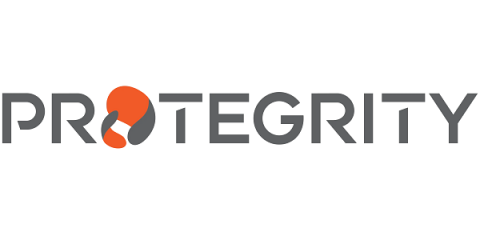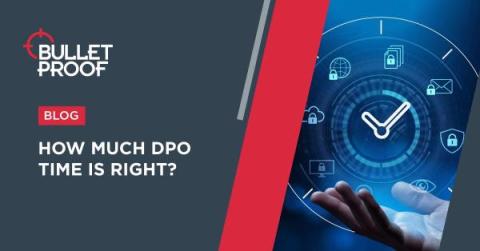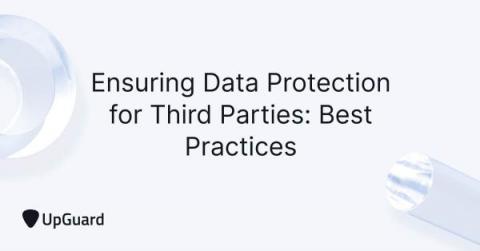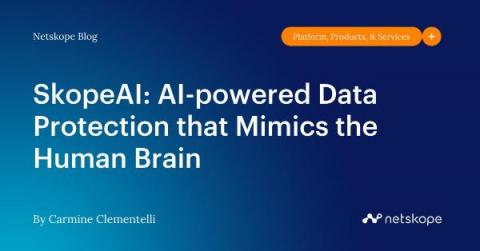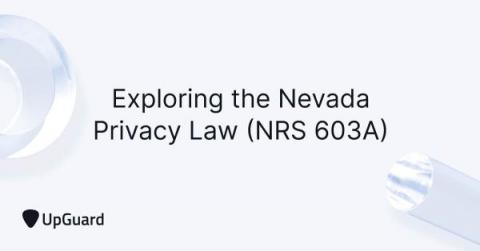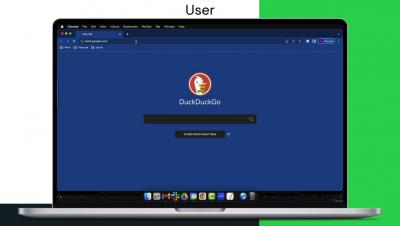Cloud Application Security: What Every Organization Needs to Know About Protecting Data in SaaS Apps
The rise of hybrid work has accelerated digital transformation for organizations of all sizes. As a result, more and more applications and data are moving to the cloud. While this has created a number of benefits — including cost savings, ease of access, and increased operational efficiencies — the cloud has also made it more challenging to protect sensitive data.



